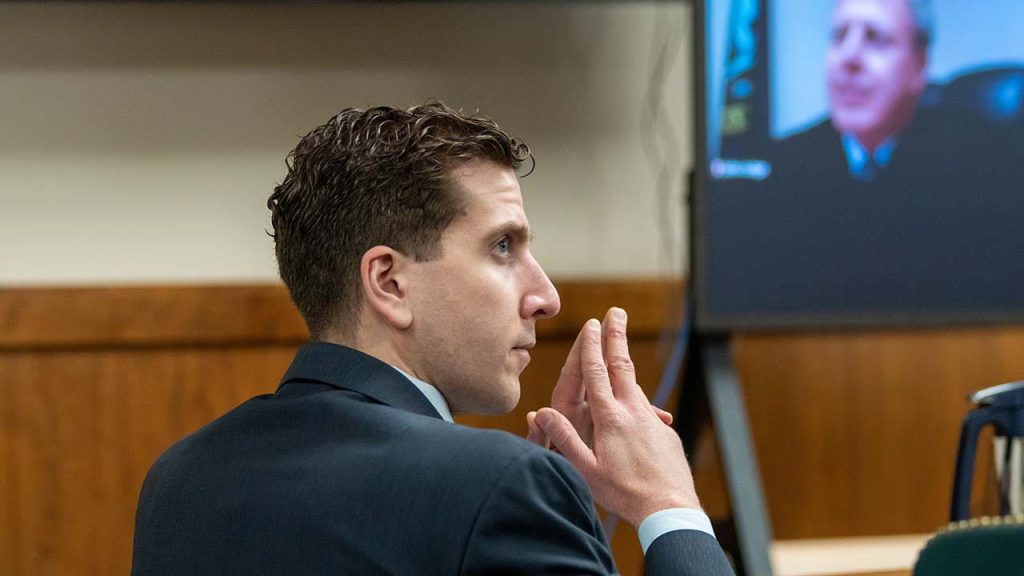Bryan Kohberger’s defense team is fighting against the death penalty for the quadruple Idaho murder suspect on various grounds. He is accused of murdering four University of Idaho students in November 2022. The defense’s arguments against the death penalty include claims that Idaho does not have a viable method for carrying out capital punishment, the state’s method of obtaining a death penalty is unconstitutional, and preparing a capital murder case in 10 months is not feasible. They also argue that the death penalty violates the prohibition against cruel and unusual punishment.
The defense contends that executing Kohberger by lethal injection or firing squad would violate his constitutional rights to be free from cruel and unusual punishment and to due process. They claim that the methods sanctioned by the Idaho Department of Corrections for carrying out the death penalty do not meet constitutional standards. The defense also argues that the death penalty is not in line with the evolving standards of a modern, civilized society, as most countries have abolished capital punishment due to its violation of human dignity.
On the other hand, prosecutors argue that they are simply trying to enforce Idaho law, which allows a jury to decide both guilt and potential penalty. They state that their goal is to fulfill their responsibilities under the law and that characterizing their actions as trying to kill someone is an appeal to raw emotion that has no place in the courtroom. The tension between the defense and prosecution centers around the question of whether the death penalty should be an option in Kohberger’s case.
Kohberger, a former criminology Ph.D. student, is accused of stabbing the four students with a knife in their home near the University of Idaho campus. He was arrested in Pennsylvania in late December 2022 and is awaiting trial, scheduled to take place no later than the summer of 2025. The case has garnered significant attention due to the severity of the crimes and the debate over the appropriateness of the death penalty in modern society.
The defense team’s arguments against the death penalty focus on constitutional rights, the lack of a viable method for carrying out capital punishment in Idaho, and the evolving standards of a modern, civilized society. They contend that executing Kohberger in a manner sanctioned by the Idaho Department of Corrections would violate his rights and amount to cruel and unusual punishment. In contrast, prosecutors maintain that they are upholding the law and pursuing the appropriate legal course in seeking the death penalty as a potential punishment for Kohberger.
The debate over the death penalty in Kohberger’s case reflects broader societal attitudes towards capital punishment and the complicated legal and moral questions it raises. As the trial date approaches, the arguments for and against the death penalty will continue to be contested in court, highlighting the complexities and ethical considerations involved in seeking the ultimate punishment for serious crimes. The outcome of this case could have far-reaching implications for the future of the death penalty in Idaho and beyond.


